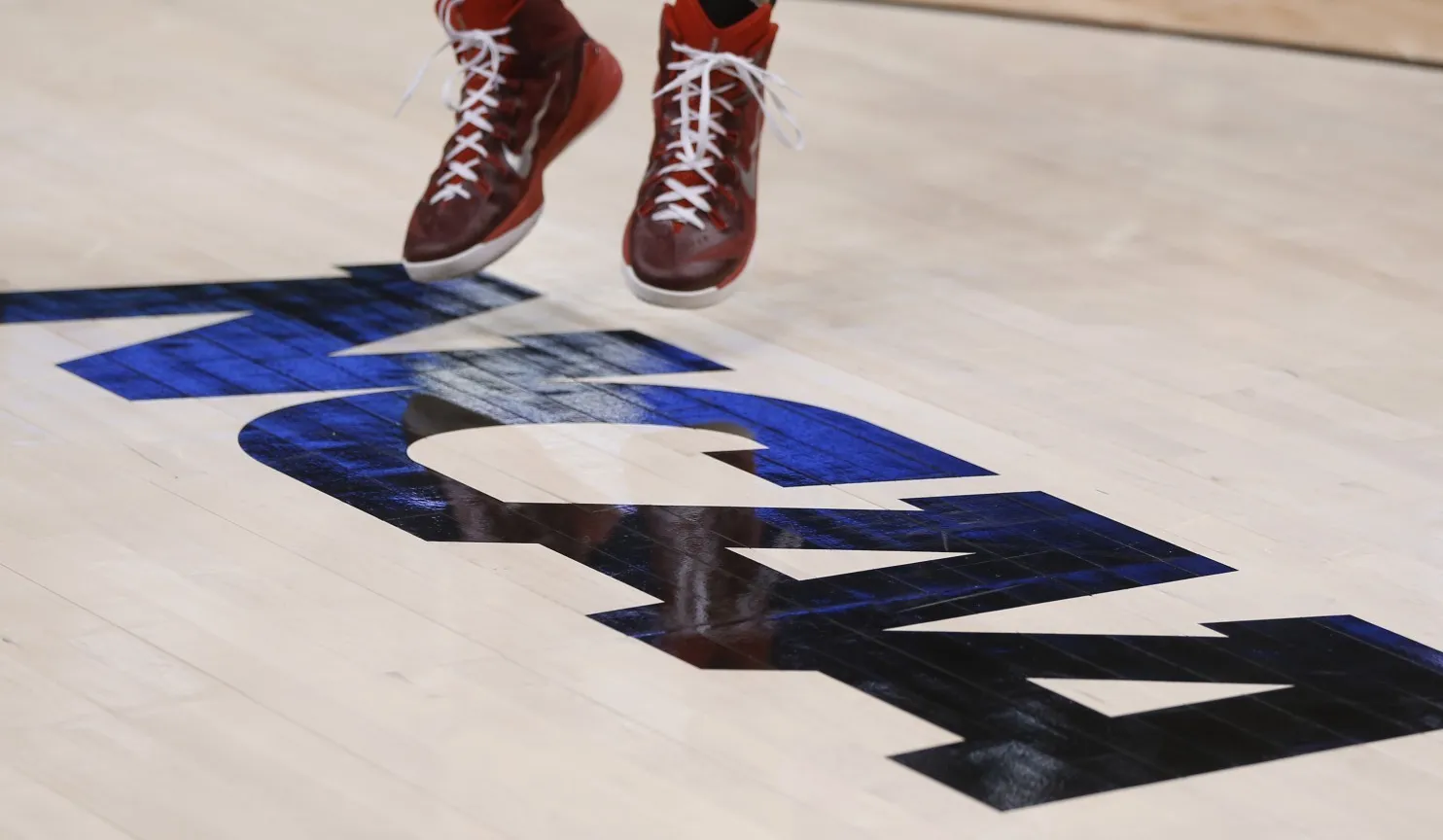By Ashley Brown
In two landmark cases that hope to reshape the future for Black student-athletes at Historically Black Colleges and Universities, a group of former athletes has challenged the National Collegiate Athletic Association’s Academic Performance Program (APP) in court. The plaintiffs argue that the APP not only impacts their athletic opportunities but is rooted in a system of racial discrimination that has persisted for far too long. With the groundwork laid and momentum building, there is an urgent call for HBCU student-athletes to support this pivotal fight.
The Academic Performance Program: A Tool or a Trap?
Since its inception, the NCAA’s APP has been presented as a tool aimed at enhancing academic performance among student-athletes. However, the reality is starkly different. Data reveals that HBCU teams face postseason bans—designed to penalize schools based on academic metrics—at alarming rates. HBCUs are 43 times more likely to receive these bans compared to predominantly white institutions. This disparity has serious implications, denying student-athletes the chance to compete nationally and weakening their career prospects.
Voices from the Court
The two ongoing lawsuits, initiated by former student-athlete men’s basketball player Troyce Manassa from Savannah State University and women’s basketball player Brenda McKinney from Grambling State University, argue that these discriminatory practices are not merely administrative oversights but intentional policies that undermine the very mission of HBCUs. In 2021, Judge Richard Young ruled in favor of Manassa, allowing his claims to proceed, underscoring the systemic inequalities inherent in the NCAA’s regulations. The court later dismissed his claims because too much time had passed since he was a player. While Manassa’s claims are on appeal, McKinney continues the fight in the trial court.
As Manassa stated, “We missed out on post-season opportunities because of a system that the NCAA knew would punish Black student-athletes. The NCAA is robbing student-athletes at HBCUs of the opportunities to experience what every college athlete strives for when they join a Division 1 school as a student-athlete: playing in post-season championship games and tournaments.”
Pushing for Systemic Change in College Athletics
Through class action, the legal teams at FeganScott and May Jung Law seek to represent all Black student-athletes who have participated in Division I NCAA sports at HBCUs since 2010, with a specific focus on current student-athletes. The lawsuits aim to hold the NCAA accountable and effect change.
“When we consider the full weight of these policies and their targeted attack on the historical realities and injustices that HBCUs were intended to eradicate, it’s clear Black student-athletes’ education is secondary to the NCAA’s purse strings,” said LaRuby May, managing attorney at May Jung Law. “This isn’t some college dream gone awry – this was a systematic dismantling of opportunity for these students, and the NCAA should be held accountable.”
The NCAA has long claimed that its reforms would create a more equitable environment for all student-athletes; however, the data contradicts these assertions. Studies indicate that the academic progress metrics disproportionately affect Black student-athletes at HBCUs, who are often first-generation college students navigating a complex educational landscape.
“Instead of implementing a solution to fairly address student eligibility and graduation rates, the NCAA knowingly exacerbated racial disparities, even going so far as to worsen the inequity between HBCUs and their predominantly white counterparts,” said Elizabeth Fegan, founding partner and managing member of FeganScott. “The exorbitant regulations, on top of lost revenue and banned postseason play, are the unfortunate consequences of a discriminatory system that was never designed to support or value HBCUs.”
This Is Where You Come In
Your story is crucial to this case if you are a current student-athlete at a Division I HBCU. Whether you or your team experienced a post-season ban, your story will help reinforce the need for accountability and support the push for change.
To become a plaintiff or learn more about this case and how it impacts you and other student-athletes, visit www.hbcujustice.com. The FeganScott and May Jung Law teams are ready to challenge the NCAA in a stride for a future where all student-athletes are granted equal opportunities and justice.

